Article: Is Viscose Sustainable?
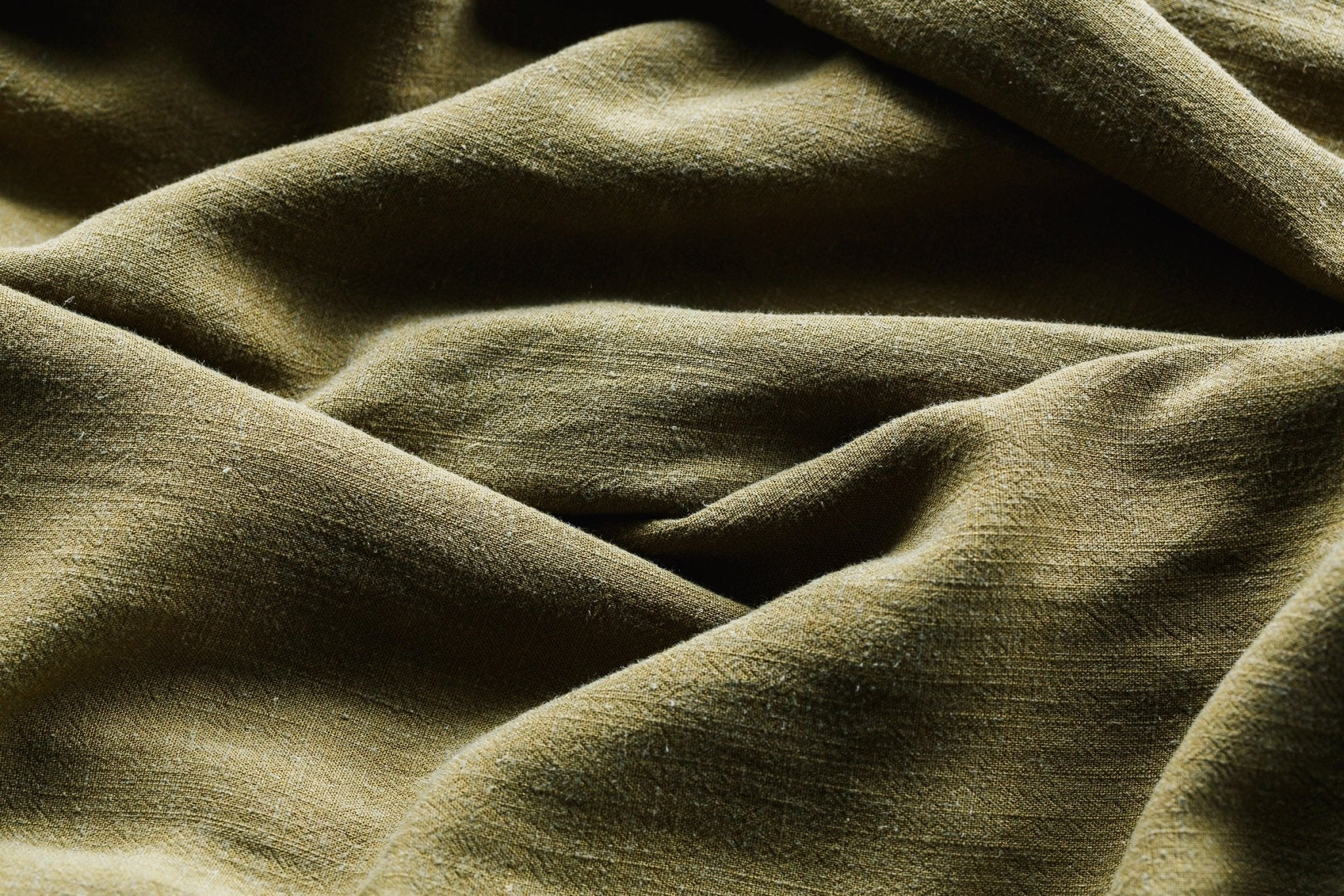
Is Viscose Sustainable?
In the evolving landscape of sustainable fashion, one material that has gained some significant attention for its eco-friendly qualities is viscose. Often praised for its luxurious feel and environmental benefits, viscose is an enticing choice for conscious consumers and designers alike. We'll get into what viscose is, its sustainable attributes, and why it's becoming a staple in the wardrobes of those who care for fashion as much as they care for the planet.
What is Viscose?
Viscose, also known as rayon, is a semi-synthetic fabric made from regenerated cellulose fiber. It's derived from natural sources like wood pulp, often from trees such as beech, pine, and eucalyptus. The process of creating viscose involves dissolving the cellulose in a chemical solution to produce a pulpy viscous substance, which is then spun into fibers and woven into fabric.
Fun fact: Have you heard of TENCEL ™ or Lyocell? These sustainable fabrics are a part of the viscose family. Tencel is actually a branded trademark whereas Lyocell is a type of viscose that uses less energy in its manufacturing process.
The Sustainable Qualities of Viscose
The sustainability of viscose lies in several key areas:
1. Sourced from Renewable Resources
Viscose is made from cellulose, a natural and renewable resource. Unlike synthetic fibers (i.e. polyester or acrylic) derived from petroleum, viscose comes from trees, which can be replanted and replenished. This aspect makes it a more sustainable option, especially when sourced from responsibly managed forests.
2. Biodegradable
Unlike many synthetic materials, viscose is biodegradable. It can break down naturally, reducing environmental pollution and contributing to a more sustainable cycle of production and disposal.
3. Energy and Water Usage
The production of viscose is generally less energy-intensive compared to synthetic fabrics like polyester. Moreover, advancements in manufacturing technology have led to more efficient processes that reduce water consumption and waste. Lyocell, a type of viscose, uses a closed-loop production process which uses less energy and keeps chemicals from ending up where they shouldn't.
4. Reduced Dependency on Petroleum
As a cellulose-based fiber, viscose reduces the fashion industry's dependency on petroleum-based products. This shift is crucial in decreasing the overall carbon footprint of clothing production.
5. Versatility and Efficiency
Viscose can be blended with other fibers, both natural and synthetic, to enhance durability, texture, and usability. This versatility means that it can be used efficiently across various types of clothing, maximizing its sustainability potential. Because viscose is biodegradable, we can blend it with natural fiber without compromising the biodegradability of the new blended textile, keeping it sustainable.
The Challenges and Future of Viscose
While viscose is a more environmentally-conscious fabric than most, it's important to acknowledge that it does have challenges in its production. The chemical process of producing viscose can be polluting if not managed correctly. While the industry is making strides in developing more eco-friendly methods, such as the closed-loop production process (lyocell and TENCEL for example), which recycles water and chemicals, greatly reducing environmental impact, it's not a perfect process yet.
Another challenge is sourcing. Ensuring that the wood pulp used for viscose comes from sustainably managed forests is crucial. Certifications like the Forest Stewardship Council (FSC) or Programme for the Endorsement of Forest Certification (PEFC) can help identify viscose products that adhere to stringent environmental and social standards.
Why Viscose Matters
Viscose represents a step towards a more sustainable fashion industry. Its properties – like draping beautifully, being lightweight, and having a silky feel – make it a popular choice for designers and consumers seeking eco-friendly options without compromising on style and comfort.
For brands like Devan Gregori, incorporating viscose into collections is one part of our larger commitment to sustainability. It's about making choices that respect the planet while still delivering high-quality, well-designed pieces to people like you.


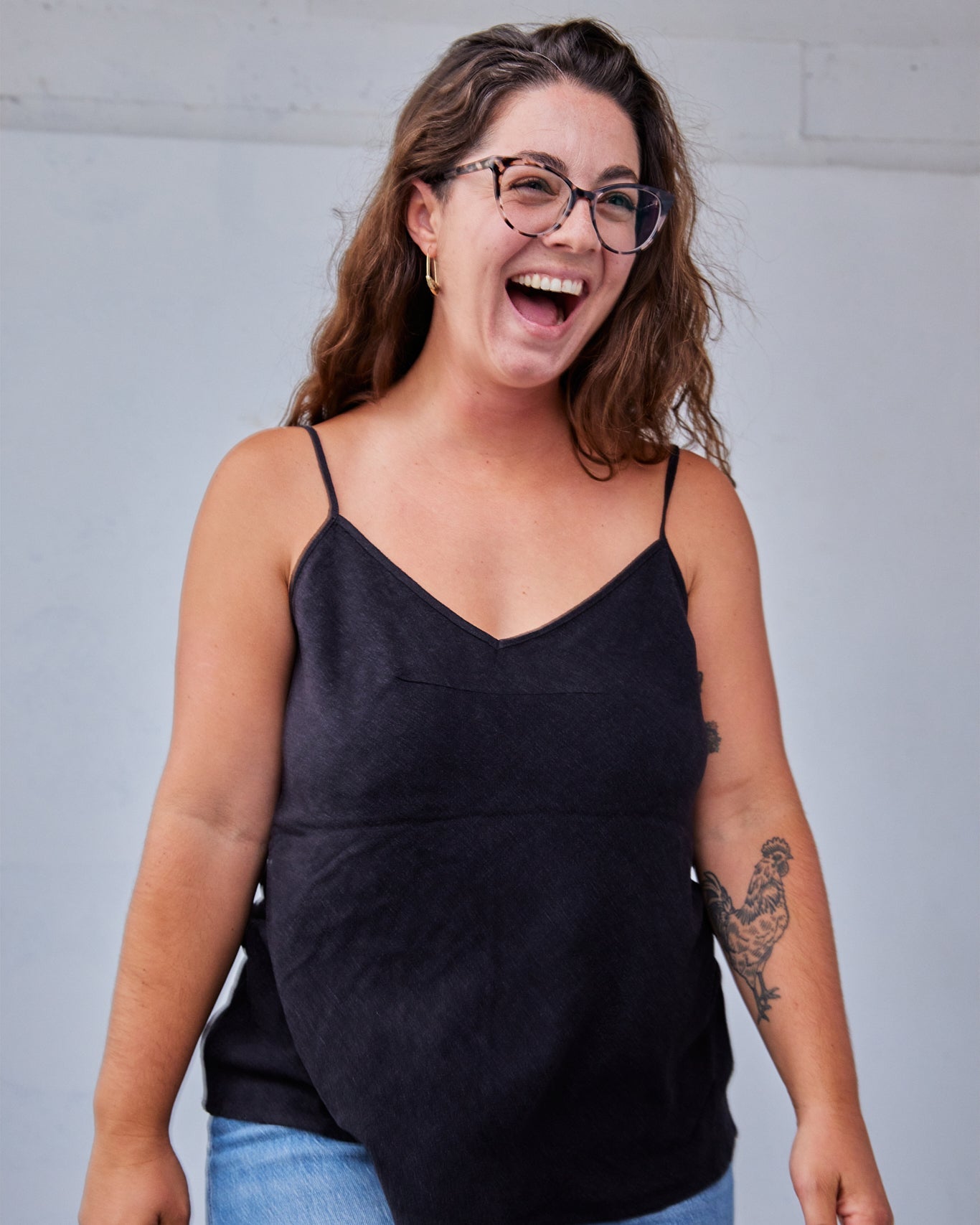
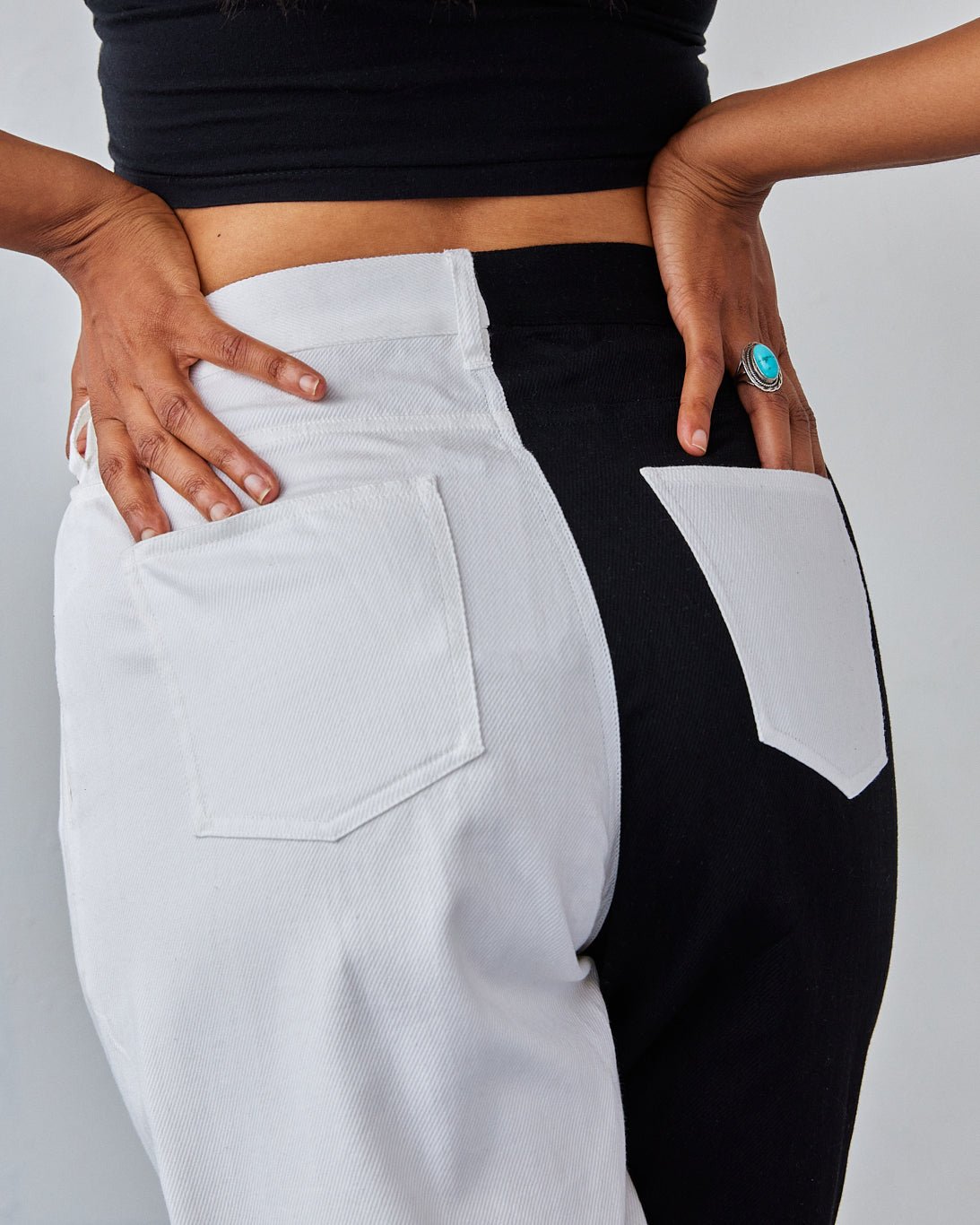
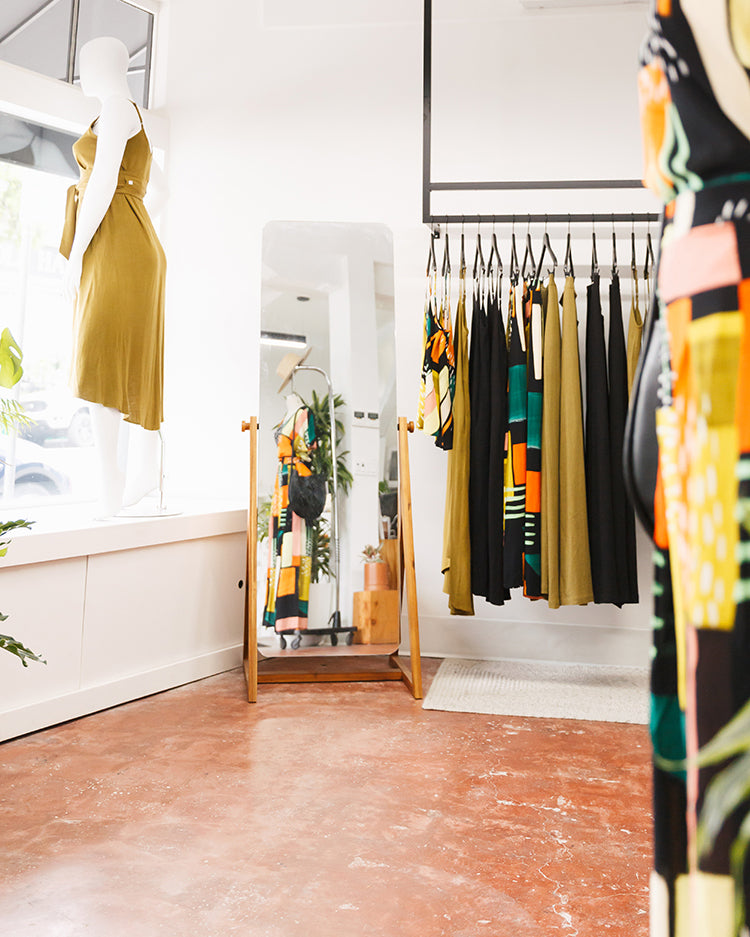

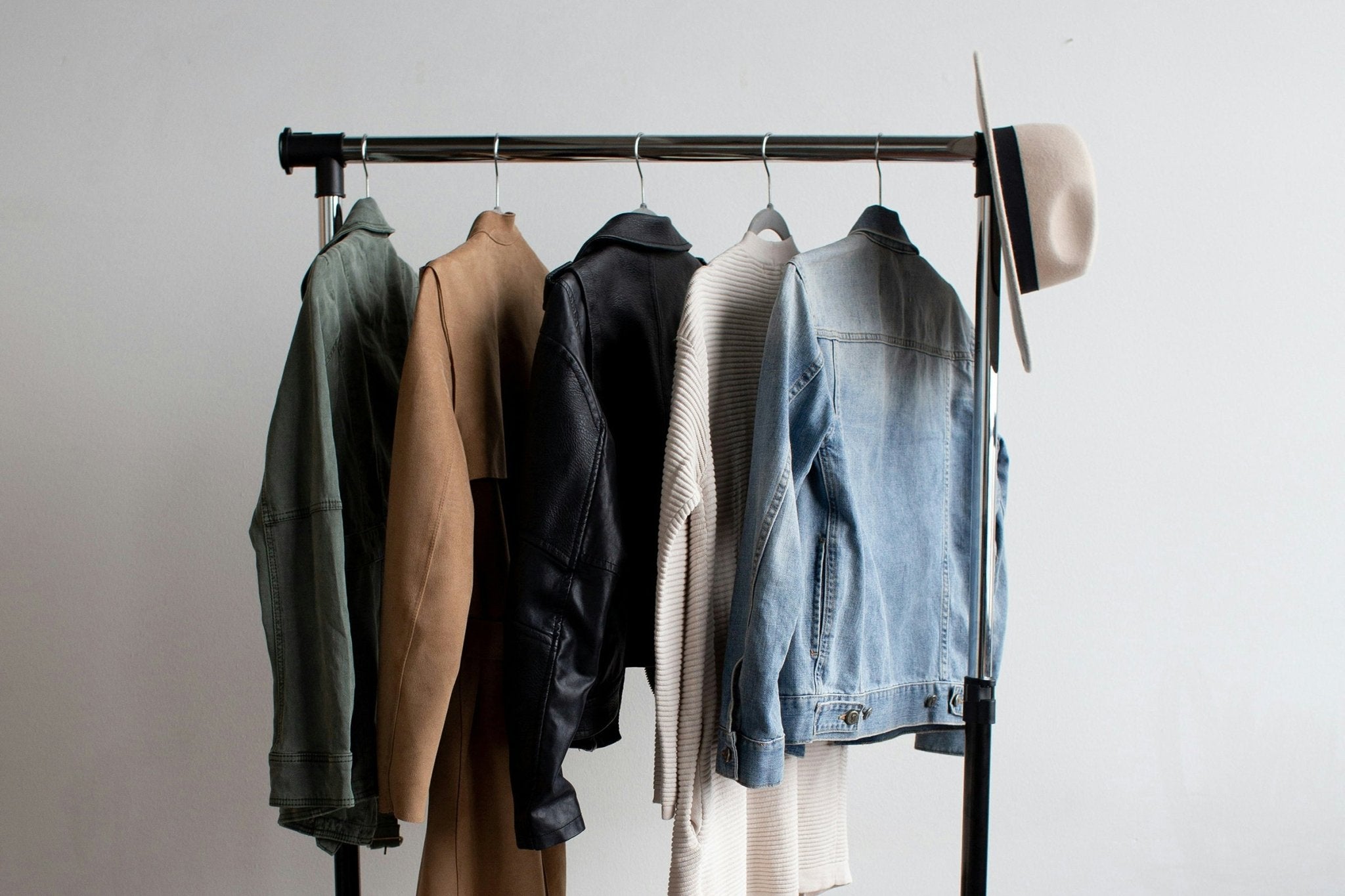
Leave a comment
This site is protected by reCAPTCHA and the Google Privacy Policy and Terms of Service apply.